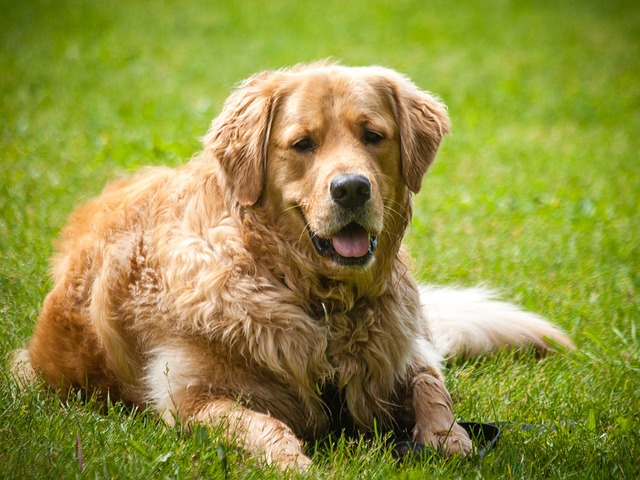
How do i train my dog to be obedient?
Watching your dog dart across the park ignoring your calls isn’t just frustrating—it can put them at risk near busy streets or public spaces.
Golden Retrievers are known for their friendly personalities and eagerness to learn, but potty training still takes patience—don’t expect them to master it overnight. Most puppies need 4 to 6 months to consistently go outside, though some quick learners might get the hang of it in 2 to 3 months. Their age plays a big role too; 8-week-old pups have tiny bladders and can’t hold it for more than an hour or two, making accidents more likely in the early weeks.
Stick to a strict routine to speed up progress—take them out first thing in the morning, right after meals, naps, and playtime, plus one last trip before bed. When they go potty outside, praise them excitedly and give a small treat within seconds; this positive reinforcement helps them link outdoor trips to good behavior. If you catch them sniffing or circling inside, calmly pick them up and rush outside—scolding after an accident won’t help, since they won’t connect the punishment to the mistake.
Many cities in Europe and North America have laws about dog waste—failing to clean up after your pup can lead to fines, so always carry poop bags during training walks. Some areas also require dogs to be on leashes in public spaces, even during potty breaks, so get your Golden used to wearing a harness early. These rules aren’t just for compliance; they teach responsibility and keep neighborhoods clean for everyone.
 Pay attention to your Golden’s unique signals—some puppies whine at the door, while others paw at their crate. Crate training can be a big help here too; most dogs won’t soil their sleeping space, so using a crate when you’re not home can prevent accidents. Just make sure the crate is the right size—big enough for them to stand and turn around, but not so big they can use one corner as a bathroom.
Pay attention to your Golden’s unique signals—some puppies whine at the door, while others paw at their crate. Crate training can be a big help here too; most dogs won’t soil their sleeping space, so using a crate when you’re not home can prevent accidents. Just make sure the crate is the right size—big enough for them to stand and turn around, but not so big they can use one corner as a bathroom.
If your Golden is still having frequent accidents after 6 months, don’t panic. Some may take longer due to health issues like urinary tract infections, or if they weren’t socialized properly. A quick vet check can rule out medical problems, and a professional dog trainer can offer tips tailored to your pup’s personality—many trainers in the U.S. and UK specialize in positive reinforcement methods that work well for Goldens.
Potty training a Golden Retriever is a journey, but watching them learn to alert you when they need to go makes it all worth it. By staying consistent, using rewards, and following local pet laws, you’ll build a strong bond with your pup while keeping your home and community clean. Remember, every dog learns at their own pace—celebrate small wins, and you’ll have a fully trained companion before you know it.

Watching your dog dart across the park ignoring your calls isn’t just frustrating—it can put them at risk near busy streets or public spaces.

New puppy owners often find themselves rushing to clean up accidents before they set in, and that’s where puppy pad training becomes a game-changer.

If you've noticed your dog's waistline disappearing and your veterinarian has mentioned those few extra pounds, your first instinct might be to simply reduce the amount of food in their bowl.

Training a dog to use a designated spot indoors isn’t as daunting as many new owners fear, but it does take consistency and an understanding of your pet’s needs.

That moment of dread on a walk is all too familiar for many new dog owners. You see another dog approaching down the sidewalk of your neighborhood

If the sight of another dog on your neighborhood walk makes your heart sink as your own dog erupts into a frenzy of barking and lunging, you're not alone.